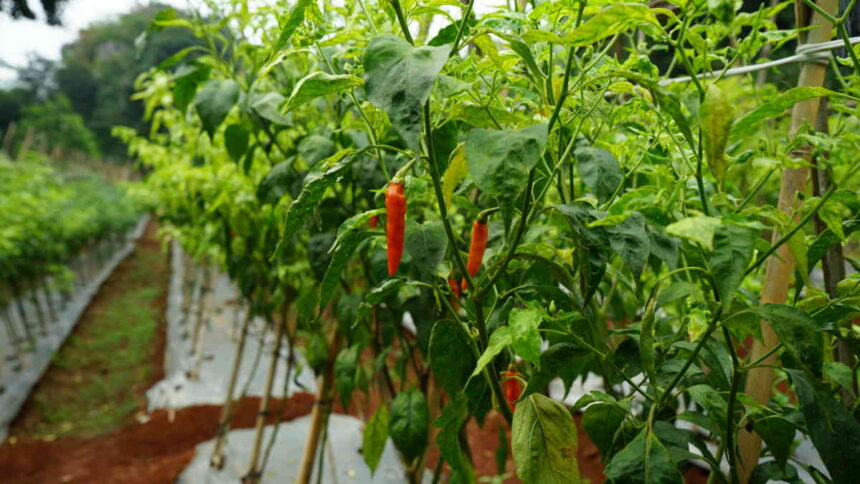The U.S. agricultural industry could see a labor crisis develop as farm groups press the Trump administration to protect their workforce from mass deportations. Almost half of the nation’s 2 million farmworkers do not have legal status, and the possibility of widespread immigration enforcement threatens to unsettle a food supply chain dependent on immigrant help.
A Workforce at Risk
Agriculture, according to the Department of Agriculture, accounts for $1.5 trillion of the nation’s GDP in 2023-a cornerstone of the U.S. economy. But much of that success depends on a workforce of undocumented immigrants who undertake arduous tasks native-born workers are unwilling-or unable-to do.
Farmers and agricultural groups fear aggressive deportation measures could upend their operations, lead to labor shortages, and raise prices for consumers. While the incoming administration has stated immigration enforcement would focus on criminals and people with final orders for removal, no clear exemptions have been mentioned regarding agricultural workers.
Limited Legal Pathways
One avenue through which agricultural labor is legally obtained is through the H-2A visa program, which allows employers to hire seasonal foreign workers. This visa program covers only about 20% of farm labor needs, leaving a significant gap. Many farmers find the visa’s stringent requirements – such as housing provisions and wages – prohibitively expensive. Moreover, many agricultural industries, such as dairy and meatpacking, require a year-round labor supply, which this seasonal program does not cover.
Industry leaders seek reforms that would provide expanded and improved legal pathways for farmworkers. This can provide stability in the agricultural workforce while maintaining efficiency in the food supply chain.
A Call for Certainty
Farmworker advocates are pushing for the chronic anxiety and fear that the threat of enforcement actions instills in immigrant communities to come to an end. Training programs are being set up to inform workers about their rights and to prepare for immigration raids.
Meanwhile, farmer organizations and their political representatives are calling on the administration to make some assurances in return. Proposals include an assurance from the Administration that it will not target immigrant workers with no criminal record and substantial tenure in the United States and explore pathways for permanent legal status for longstanding contributors in the sector.
Indeed, agriculture has traditionally relied on a labor force that has grown up under limited legal protections. Undelineated and un-inclusive policies on immigration raise the stakes for the agricultural industry, with the risks running over to the nation’s economy and the security of its food supplies.




